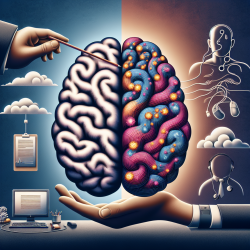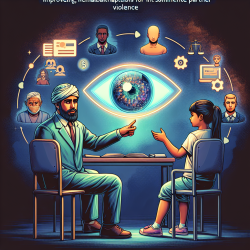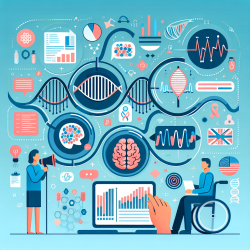Understanding Double Stigma in Epilepsy and Mental Health
Stigma has long been a barrier to effective healthcare, particularly in conditions like epilepsy and mental illness. The concept of "double stigma" arises when individuals face discrimination for having both epilepsy and a psychiatric disorder. This complex issue is gaining attention, yet remains under-researched, particularly in the context of epilepsy.
The Impact of Double Stigma
Research indicates that one in three people with epilepsy will experience a psychiatric disorder in their lifetime. The bidirectional relationship between epilepsy and mental health disorders such as depression and anxiety exacerbates stigma, creating a vicious cycle. This stigma is not bound by geography or economy, affecting individuals globally.
Double stigma can lead to:
- Increased discrimination and civil rights violations
- Poor access to healthcare and reduced treatment adherence
- Higher morbidity and mortality rates
Strategies for Practitioners
As practitioners, understanding and addressing double stigma is crucial for improving patient outcomes. Here are some strategies:
- Education and Awareness: Educate yourself and others about the impact of double stigma. Advocate for awareness campaigns that highlight the psychosocial aspects of epilepsy and mental health.
- Integrated Care: Collaborate with mental health professionals to provide holistic care. Encourage open discussions about mental health in epilepsy care settings.
- Empathy and Support: Foster a supportive environment where patients feel comfortable discussing their mental health without fear of judgment.
The Need for Further Research
The current literature on double stigma in epilepsy is limited. More research is needed to understand the full impact and develop targeted interventions. Practitioners are encouraged to contribute to this growing field by conducting studies and sharing findings.
By focusing on education, advocacy, and integrated care, we can work towards reducing stigma and improving the quality of life for those affected by epilepsy and mental health disorders.
To read the original research paper, please follow this link: Double stigma in mental health: epilepsy and mental illness.










